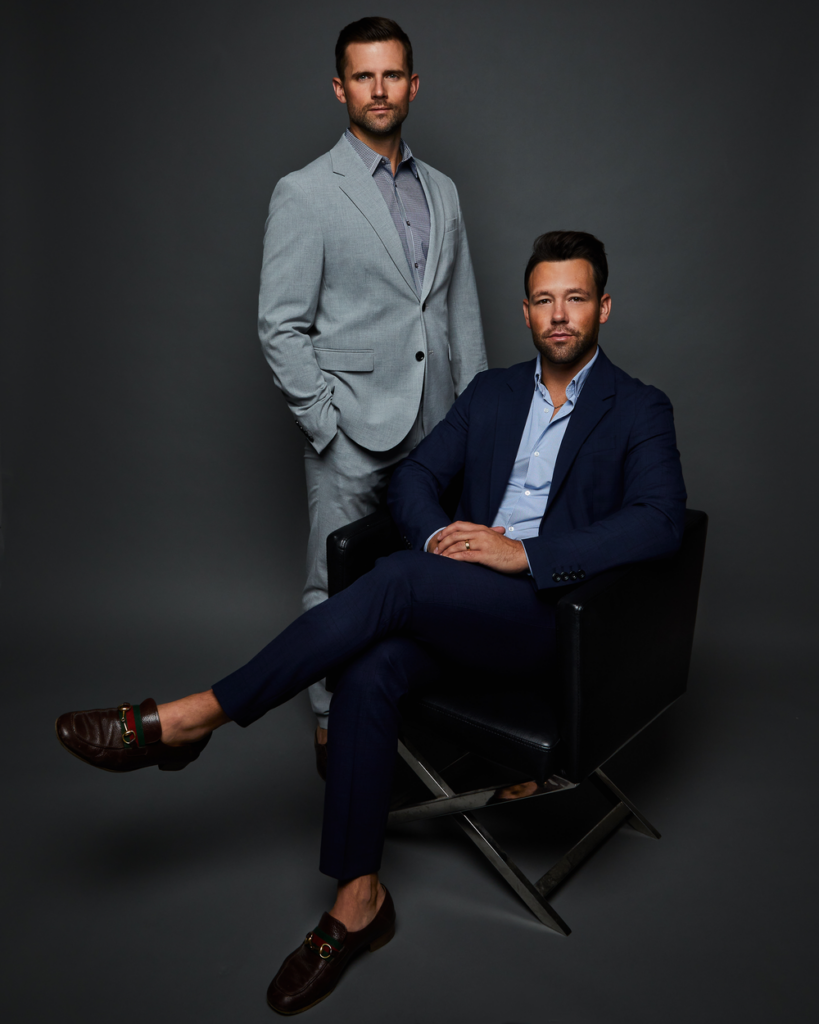We’ve come a long way when it comes to egg donation. Aside from scientific advances and technology, we are also much better at talking about it.
For many years the topic of egg and sperm donation was taboo. In fact, in the 1970s and 1980s, donations were made anonymously with no record kept of who received what donation. That means if you had been conceived through egg donation, it would have been close to impossible to find your biological parent.
Now, with genetic testing and accurate record-keeping, it’s essential to be open and honest with your children about where they came from. Because chances are, they will find out eventually. And when it comes to where your child comes from, they should learn the facts from their parents, and they should know sooner rather than later.
We always believe that telling your child how they were conceived is the right decision. Your child has the right to their biological history.
Reasons to Tell Your Child Their Biological History
Here are some of the reasons why you want to tell your child about their donor conception:
Puts honesty first in family relationships
Is respectful toward all children and individuals conceived through donors
Allows donor-conceived children to make choices for themselves
Allows donor-conceived children access to their biological history
Avoids distress or trauma of being told later in life
Explains why a child may look different than their parents.
Provides a better understanding of their medical history
Allows better decision making when it comes to treatment options.
While we’re always advocates for being open and honest in family relationships, there may be some cases where the child does not need to know about their donor conception. If a child has severe developmental delays, it may not be necessary to tell them. It’s best for parents in these circumstances to consider the mental state of their child and decide what is best.
The ‘Right’ Age
In an ideal situation, parents would start the narrative before the child is five years old — and no later than the age of 10. This allows the child to get used to the idea as they grow up and avoids any traumatic conversation in the future.
Of course, a toddler won’t understand all the ins and outs of egg donation. Age-appropriate words and phrases will need to be used accordingly. As the child grows, they will be able to understand more and more, and in return, they’ll start asking more and more questions. As a parent, you’ll be able to know when your child is ready to know more about their conception.
Most importantly, by starting the conversation early, you will establish an open-door policy with your child where they will be comfortable conversing about all different kinds of subjects.
If your child is older and they still haven’t been told, then don’t stress. It’s never too late to tell your child where they came from. We know of many cases where the parent waits until the end of their own lives to tell their child, and the conversations go pretty well.
What to Expect
How your child responds to the news of their conception depends on the child. Every child will have their own feelings and reactions to the news.
What we do know is that if a child is gradually introduced to the idea at a young age, they will be able to accept the idea that was conceived by a donor more easily.
Ages 3 - 5
This is the ideal age to start explaining to your child about their conception. Of course, at this age, they won’t fully understand everything. Use phrases such as “There is a special lady who helped us become parents,” or “So many people worked hard to help our family.”
Phrases such as these will help the child feel special and loved.
Ages 5 - 8
If a child is a little older, you may want to sit them down and explain the very basics. At this age, they may not make the connection that they’re not genetically related to one of their parents. But at this age, all they care about is they have loving parents who will care for them. Make sure the child knows how much they’re loved and wanted.
Ages 8 - 11
If the child is older, expect the child to express sadness or disappointment. By this age, they will have a pretty good idea of what makes a family “normal,” and any news that disrupts that idea can be upsetting.
Age 12 and older
If parents decide to wait until the child is older, they need to expect some anger and resentment from their child. Most teens and adults who learn that their parents have kept secrets about them will be angry and feel betrayed. If this is the case, don’t give up on your child. It may take some time, but hopefully, they will come to accept their truth.
Just be sure to show your child unconditional love. Any reconciliation will need to be on their terms.
The Decisions Are Up To You
Being open and honest from the very beginning is always the best way to tell the child they’re from an egg donor. This helps the child grow into their own story in a way that’s full of honesty and love. However, many couples decide not to tell their child for whatever personal reasons they may hold, and that is okay, too.
These days with all of the 23andMe testing and outer ancestry line testing, if a child from a donor egg does grow up and perform a test, they may discover this information.
If there are ever any questions you have on talking to your child about their egg donor conception, don’t hesitate to reach out and ask us at Elevate Egg Donors and Surrogates. We want all of our egg donor families to feel confident in their unique journeys of building a family. Contact us today.

